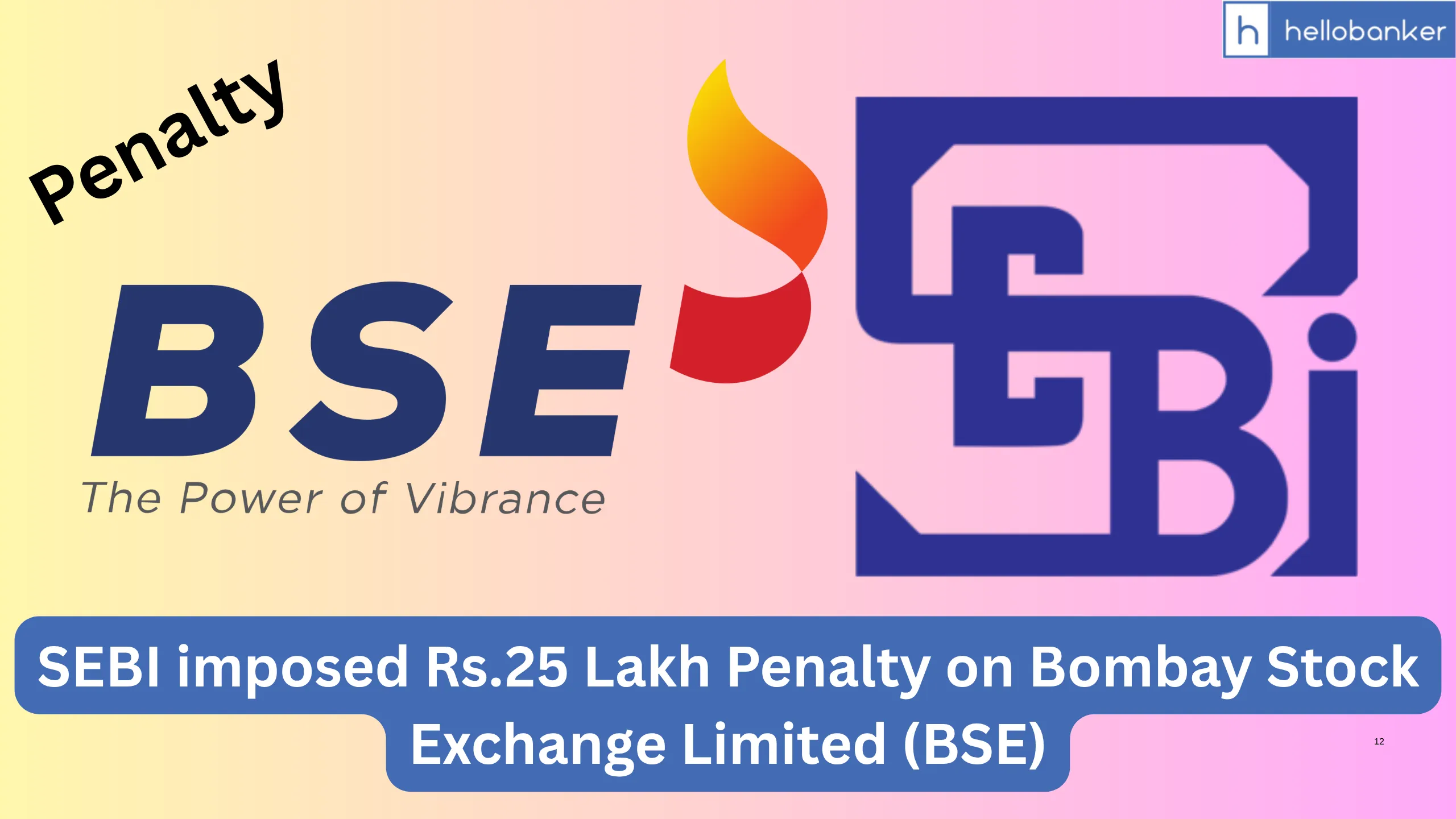The Securities and Exchange Board of India (SEBI) has fined the Bombay Stock Exchange (BSE) ₹25 lakh. This action was taken after an inspection between February 2021 and September 2022 showed that BSE had violated rules about fair and equal access to important company information.
What Did BSE Do Wrong?
1. Early Access to Information for Some Clients
SEBI found that BSE’s internal system was designed in a way that gave:
- Paid clients
- And BSE’s own Listing Compliance Monitoring (LCM) team
early access to corporate announcements — such as company results, board decisions, or major events — before they were published on the public website.
This is a serious issue because all investors should get information at the same time. When some people get information earlier, they can use it for unfair advantage — which is against SEBI’s rules of fair trading.
2. Violation of SEBI Regulations
SEBI said BSE violated Regulation 39(3) of the SECC Regulations (2018). These rules say that stock exchanges must ensure all investors get equal and transparent access to market-related information.
Also, SEBI noted that BSE did not create an RSS feed system, which could have helped provide real-time updates to everyone and avoid this kind of unequal access.
3. Ignoring Problems with Brokers
Apart from the issue of unequal information access, SEBI also found that:
- Some brokers were frequently changing trade details (called “client code modifications”), which is only allowed in rare situations like genuine typing errors.
- BSE did not take strict action against such brokers.
- It also failed to properly check and control ‘error accounts’, which can be misused to hide manipulations.
SEBI pointed out that BSE only responded after the problem was pointed out and did not have a proper monitoring system in place earlier.
SEBI’s Final Remarks
Santosh Shukla, the SEBI officer who gave the order, reminded that:
Stock exchanges are the first line of oversight — meaning they must take full responsibility for monitoring the market and ensuring rules are followed.
He said that being one of India’s top stock exchanges, BSE should have had better internal controls and stricter systems to handle sensitive company information and trading rules properly.
